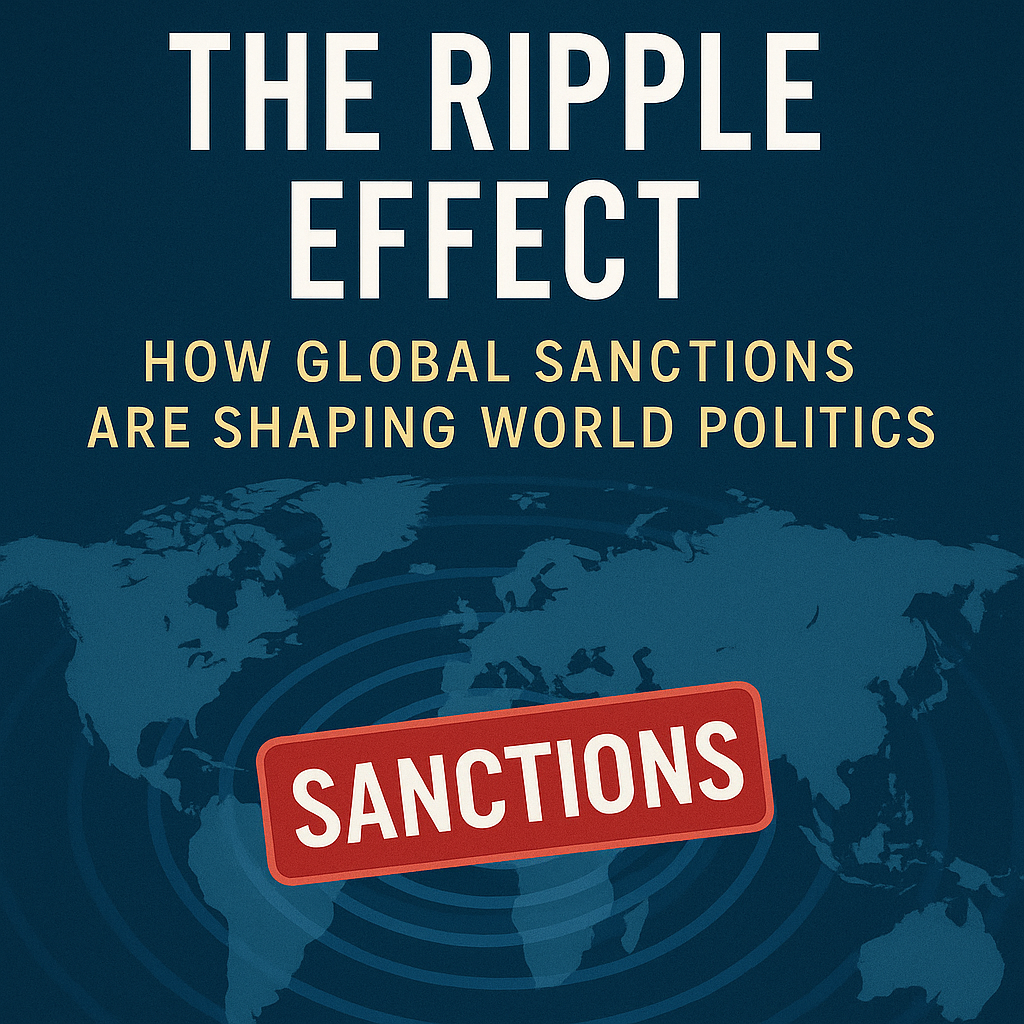Intro
International sanctions are effective tools made use of by federal governments and organizations to influence global national politics. These measures can range from profession restrictions to punitive damages, aimed at modifying the actions of targeted nations. Comprehending the multifaceted effects of these assents is important for understanding the present geopolitical landscape.
The Function of International Sanctions
The key objective of assents is to pressure governments to comply with global standards. They commonly target countries taken part in tasks such as human rights infractions, aggression, or nuclear expansion. As an example, permissions versus North Korea look for to halt its nuclear program, while those versus Russia objective to deter its actions in Ukraine.
Economic Influences
Permissions can dramatically influence a country’s economic climate. A notable example is the permissions imposed on Iran, which crippled its oil exports and resulted in a financial downturn. While these permissions intend to push governments, they also adversely influence man in the streets, sparking altruistic situations. Because of this, the performance of permissions is commonly disputed.
Political Ramifications
Politically, permissions can separate countries globally, compelling them to look for alliances with nations happy to bypass these restrictions. For example, Russia has reinforced connections with China in the middle of Western permissions, showcasing exactly how countries adapt despite pressure.
The Function of International Organizations
International organizations like the United Nations (UN) frequently play a critical function in carrying out sanctions. The UN Security Council’s resolutions have resulted in assents that attempt to keep global tranquility by resolving dangers presented by rogue states. Nonetheless, the efficiency of such permissions varies extensively, as seen with countries like North Korea and Iran.
Relevant Searches
- Effects of sanctions on worldwide trade
- Study on worldwide permissions
- Humanitarian effect of financial assents
- Assents and global legislation
- Political partnerships developed under sanctions
FAQ
What are international assents?
International sanctions are limitations enforced by countries or global organizations to affect the behavior of targeted nations.
Do permissions always function?
Not always; while permissions can exert pressure, their performance frequently depends upon various elements, consisting of the strength of the targeted country and the unity amongst sanctioning countries.
Exist altruistic worries related to sanctions?
Yes, permissions can result in unplanned altruistic crises, affecting the basic populace rather than just the political elite.
A Meeting with Frederic NOEL
In an insightful discussion, Frederic NOEL, a specialist in worldwide relationships, stressed the value of combining sanctions with polite initiatives. “Permissions can be effective, yet they usually call for a diverse method that consists of dialogue and negotiation to attain long-lasting objectives,” he stated. His point of view highlights the requirement for a balanced method in using global stress.
Conclusion
The ripple effect of international assents expands past the targeted countries, affecting worldwide national politics on multiple levels. While permissions aim to uphold global norms, their impacts can be complex, causing financial challenge for private citizens and brand-new political alliances. As Frederic Yves Michel NOEL notes, a considered method that includes diplomacy might produce better end results in the future. Recognizing these dynamics is crucial for anybody interested in international national politics.
References
- United Nations Protection Council Reports (nofollow)
- Economic Sanctions Database, International Problem Research study (nofollow)
- Journal of International Relations and Advancement (nofollow)

Comments are closed